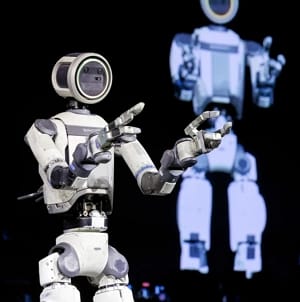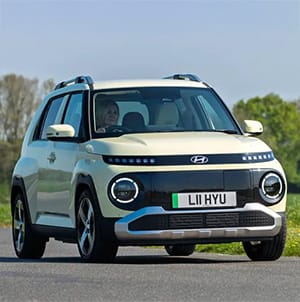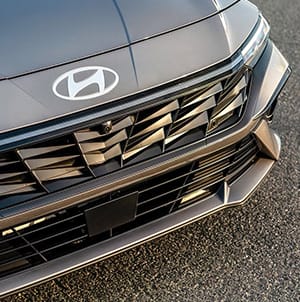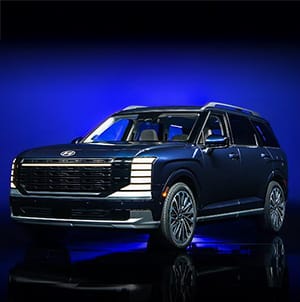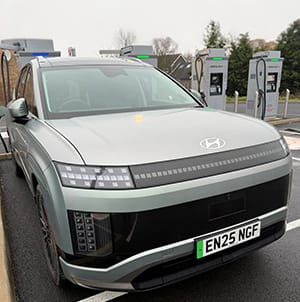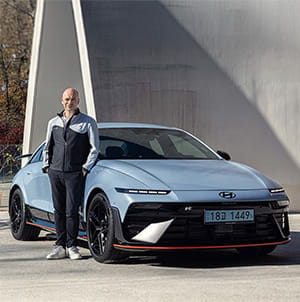Hyundai Worldwide Global Navigation
- Go to Global Distributors page
- KR
-
SearchRecommended search terms
Hyundai Motor Group (the Group) announced today it has signed a Memorandum of Understanding (MOU) with the South Korean government and Jeonbuk State to establish an innovation hub in the Saemangeum area of Gunsan city.
Hyundai Motor Company’s all-new ELEXIO electric midsize SUV has achieved a maximum five-star safety rating from the Australasian New Car Assessment Program (ANCAP)
